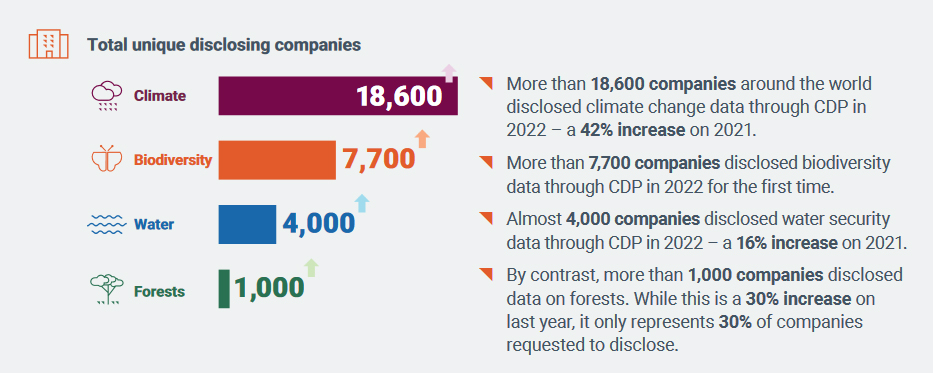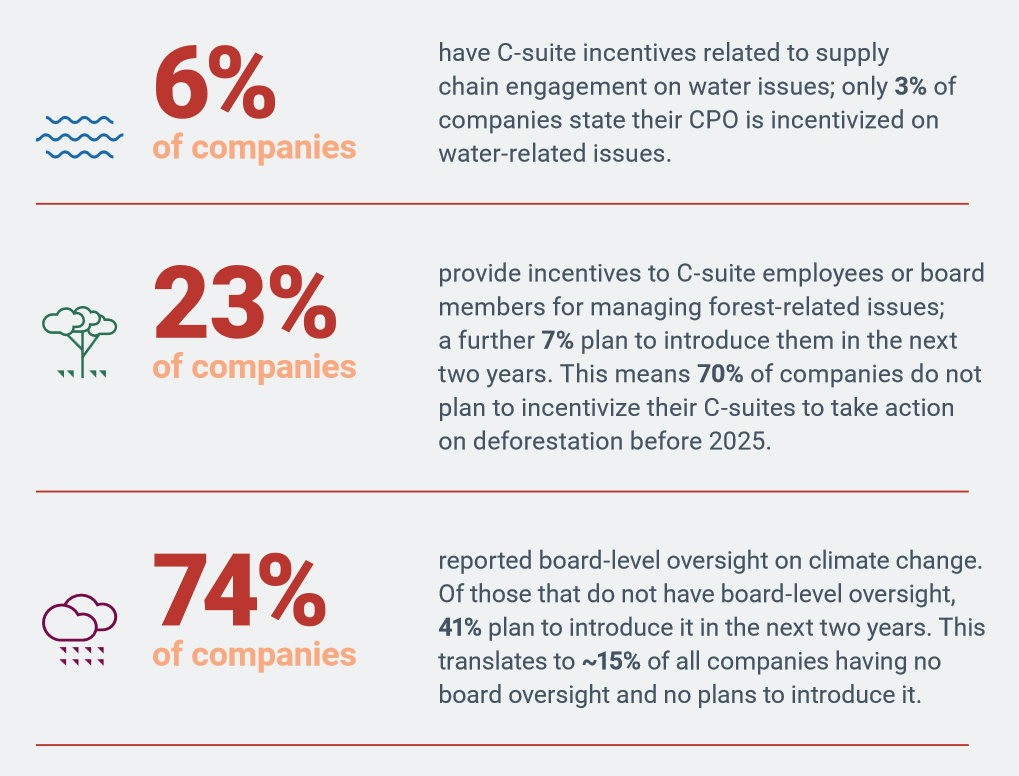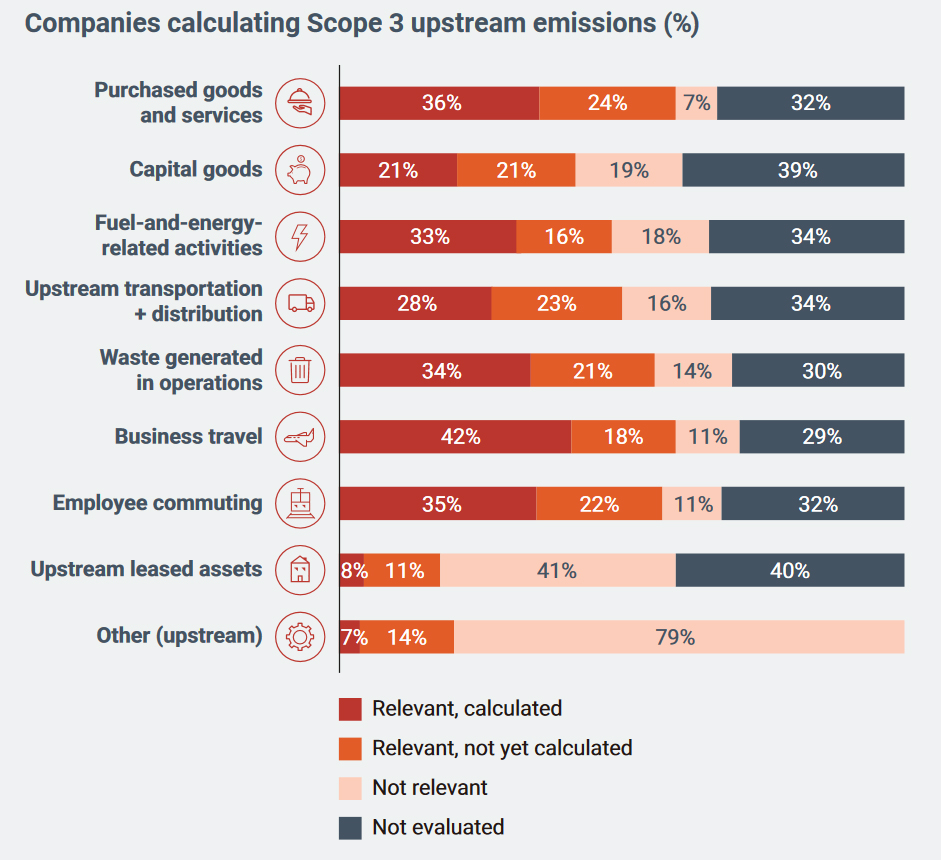Despite the approaching regulatory requirements in major markets to begin reporting emissions across the value chain, or “Scope 3” emissions, nearly 60% of companies failed to report on even one category of supply chain emissions, according to a new report from environmental disclosure platform, CDP.
CDP operates a global environmental disclosure system that enables investors and other stakeholders to measure and track organizations’ performance in key areas of environmental sustainability, such as climate change, deforestation and water security.
For the report, “Scoping out: Tracking nature across the supply chain,” CDP examined the responses provided by more than 18,700 companies reporting in 2022.
The study comes at a time when reporting on Scope 3 emissions, which typically make up the vast majority of companies’ climate footprint, is gaining importance, especially as major regulatory reporting regimes, including those in Europe, the U.S. and global standards, will require disclosure of supply chain emissions in the coming years.

The IFRS Foundation, for example, recently announced that its new climate and sustainability reporting standards, which include Scope 3 reporting, will come into effect in 2024.
However, despite the proximity of the regulatory requirements, the CDP report indicates that only 41% of companies reported on a single Scope 3 category in 2022, compared to more than 70% that reported on Scope 1 and 2 direct emissions.
Of those reporting Scope 3, only 41% reported Scope 1 and 2 direct emissions in 2022.

Of those reporting Scope 3, the most frequently disclosed category was business travel, with 42% of respondents calculating it, while the more impactful and broadly relevant category of purchased goods and services was only reported by 36%.
Other relevant categories, such as employee travel and waste generated in operations, were reported by 35% and 34%, respectively.
You may also be interested in: Sphera: How to build and manage a sustainable supply chain
A Lot to Do
In its report, CDP lists a number of challenges holding back Scope 3 reporting, including poor data transparency and traceability across the value chain, low data quality and granularity, lack of automated tools for data mining, limited influence over most Scope 3 categories, and the changing regulatory environment.
The report indicates, however, that companies are making progress in addressing their Scope 3 emissions footprint, although many efforts are still at an early stage.
Although only 11% of respondents stated that they currently include climate-related requirements in their supplier contracts, 36% stated that they plan to begin incorporating key sustainability indicators into their purchasing processes with contractual requirements for suppliers in the next two years.

The CDP report also indicated that progress in reporting and addressing supply chain aspects of other environmental categories, such as water security and deforestation, was less developed than for climate.
For example, only 915 companies reported engaging their suppliers on water-related issues, and only 543 on deforestation, compared to more than 7,300 that reported engagement on climate-related issues.
“This year’s report shows that environmental action is not happening at the speed, scale and scope needed to limit global temperature rise to 1.5 degrees, and that many companies still fail to recognize that their impact on the environment goes far beyond their operations and climate change”
Sonya Bhonsle, Global Head of Value Chains and Regional Head of Corporates at CDP
To read the full CDP report, click here




